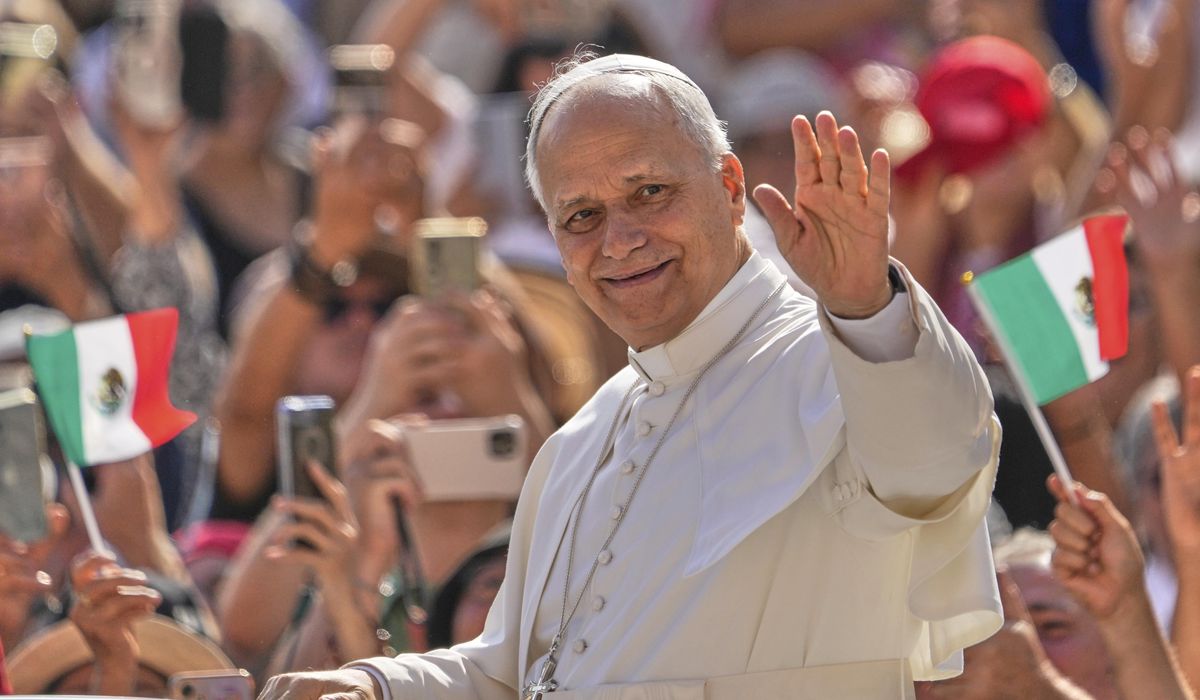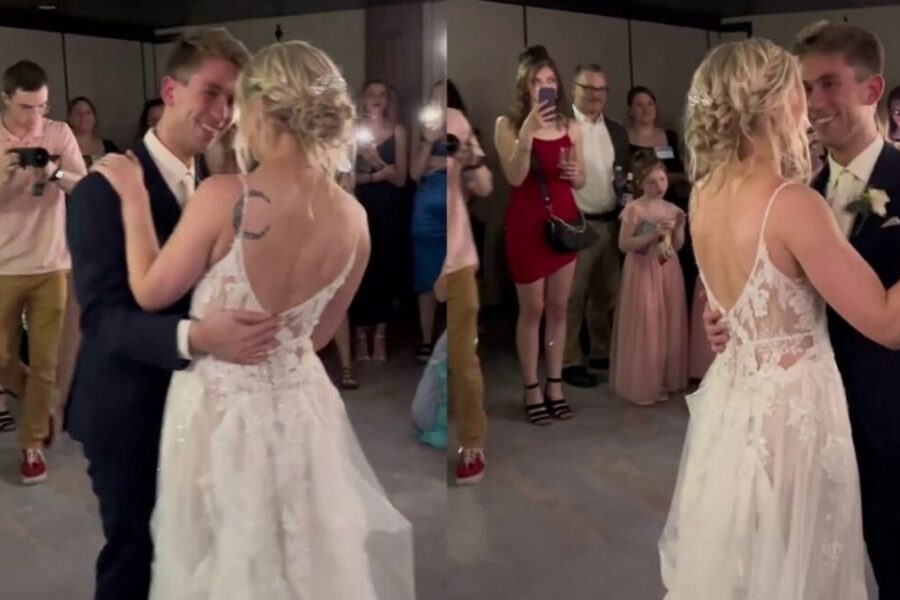Pope Leo XIV’s First Interview: A Quiet Promise, Loud Reactions
- He said he will avoid partisan politics while speaking on church concerns.
- Local communities are already framing this as a call to care, not campaign.
- Volunteers and parishioners report small wins in daily life tied to faith-led outreach.
- The moment has deepened conversations about immigration, service, and dignity.
The moment Pope Leo XIV stepped into his first interview, people in parishes from Brooklyn to Los Angeles paused and listened. The reaction has been less about headlines and more about what congregations and charities do every week. This is a story about neighbors, volunteers, and the small acts that add up.
Pope Leo XIV said in his first interview as history’s first American pope that he has no intention of getting involved in U.S. politics but will raise his voice on issues of concern to the Catholic Church, including on immigration.
Maria, 47, who volunteers at a food pantry in Brooklyn, says the pope’s words felt familiar in a practical way. “It’s a reminder to keep helping the person in front of you,” she says, describing the steady stream of families who stop by each Tuesday for soup and paperwork help. For her, the message translated into more hands on deck and fewer questions about motive.
At St. Anne’s in Los Angeles, Father John, 58, frames it as a pastoral moment rather than a political one. He says his job is to shepherd the community, which often means helping people navigate life challenges like housing, medical care, and legal questions. The parish has added extra English classes and a clinic night since the announcement.
Maya, 22, a college student who runs a volunteer tutoring program, sees small wins every week when someone masters a form or gets a job interview. She and her friends celebrate those moments with coffee and lists of next steps. Those quiet victories, she says, are what sustain a community.
Carlos, 34, who moved here three years ago, mentions how a neighbor helped him find a lawyer and practice for interviews. He is now working part time and attending night classes while his daughter is in preschool. His progress is a reminder that policy talk becomes tangible when someone can pay rent or enroll a child in school.
Across cities, parishes and local charities are coordinating food drives, legal clinics, and language lessons, often partnering with nonreligious groups. These collaborations focus on practical support and human dignity rather than slogans or rallies. The result has been a patchwork of care that reaches people in concrete ways.
Whatever comes next, the immediate effect has been a boost of energy in basements and community rooms where volunteers meet. The pope’s promise to speak on issues of concern has translated into renewed local action, and for many, that is where hope lives. Communities are finding that raising a voice can mean rolling up sleeves and helping a neighbor now.





Leave a Comment